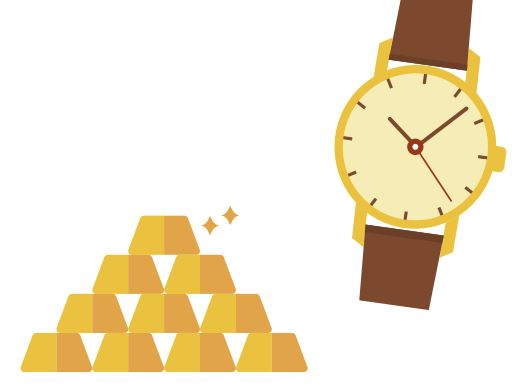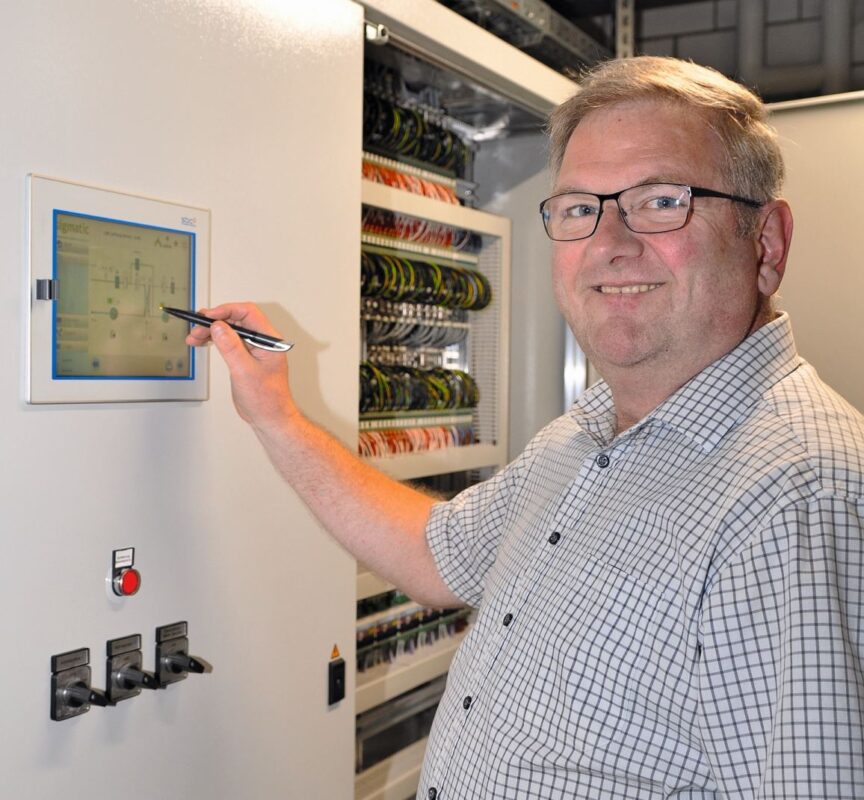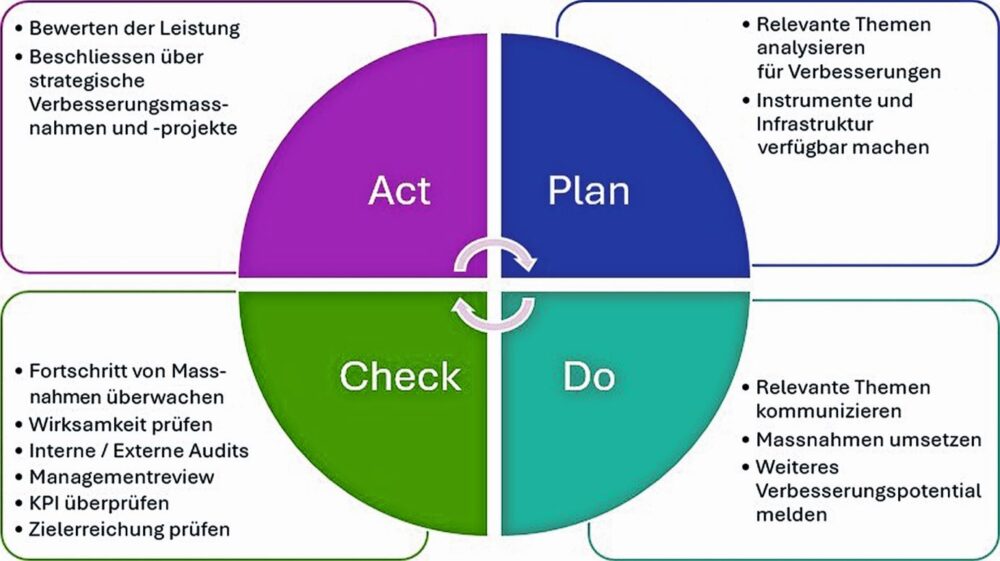How the CH economy can better implement the circular economy
In a report, PwC and WWF show how the potential of the circular economy can be better exploited in Switzerland. In the report, the authors analyse the status and the particular challenges of the circular economy for the Swiss financial, food, textile, pharmaceutical and watch and jewellery sectors.

"The circular economy enables us to manage the resources available to us more economically," says Thomas Vellacott, CEO of WWF Switzerland. The current linear make-consume-throw-away system generates vast amounts of waste and is a gigantic loss of valuable materials, according to the joint statement by the environmental organization WWF and the consulting firm PwC. About 65 billion tons of raw materials entered the global economic system in 2010. By 2020, this figure is expected to exceed 100 billion tonnes. But only 8.6 percent of resource consumption is circular. This means that over 90 percent of primary resources do not return to the resource cycle.
WWF and PwC report highlights opportunities
While Switzerland recycles more waste than most of its European neighbours, it is also a nation that consumes a large amount of resources and produces a lot of waste. For example, Switzerland's material footprint of 16.8 tonnes per capita is much higher than the EU average of 14.5 tonnes per capita (2018). How Switzerland can develop a sustainable economic system thanks to the circular economy and make an important contribution to its climate goals is presented by WWF Switzerland and PwC Switzerland in the report "Circularity as the new normal: Future fitting Swiss businesses". before.
In it, the authors analyse the state and particular challenges of the circular economy for the financial, food, textile, pharmaceutical and watch and jewellery sectors. They propose four appropriate circular strategies and innovation examples for closing, slowing, narrowing and regenerating material and energy cycles. The report presents concrete solutions and is aimed at companies, political decision-makers and the general public.
Swiss companies would benefit
"Swiss companies would benefit decisively from a circular economy, as it reduces the consumption of resources and shapes a more resilient economy and society. At the same time, it reduces systemic risks for companies such as resource dependency," says Günther Dobrauz, Partner Legal at PwC Switzerland. PwC and WWF draw the following conclusions in their report: The circular economy is a multi-billion franc economic model for Switzerland, it creates less dependence on resources for Swiss companies, but also access to new markets, to innovation and investment. It is also an opportunity for the Swiss financial industry, for which it opens up new areas of business.
Covid-19 has shown how fragile the balance between a healthy environment and the economy is, write WWF and PwC. It is in our hands to make the economy more sustainable and resilient. The circular economy can help cushion the looming business risks of the linear economy, they say. Now that we are in a period of economic upheaval due to Corona, we must take advantage of the opportunities offered by the circular economy. Also with regard to the EU - Switzerland's largest trading partner - its circular economy strategy and the associated future regulations.
Seize the opportunity
The environmental organisation WWF and the consulting firm PwC recommend, among other things:
- The development of a national circularity strategy with measurable targets
- Not only recycling, but planning for the sustainable circular economy from the outset
- Include the influence of the Swiss financial sector to promote circular investments
- Focusing attention on the overall impact of Swiss industry and working towards Swiss climate targets.
Source: PwC / WWF









